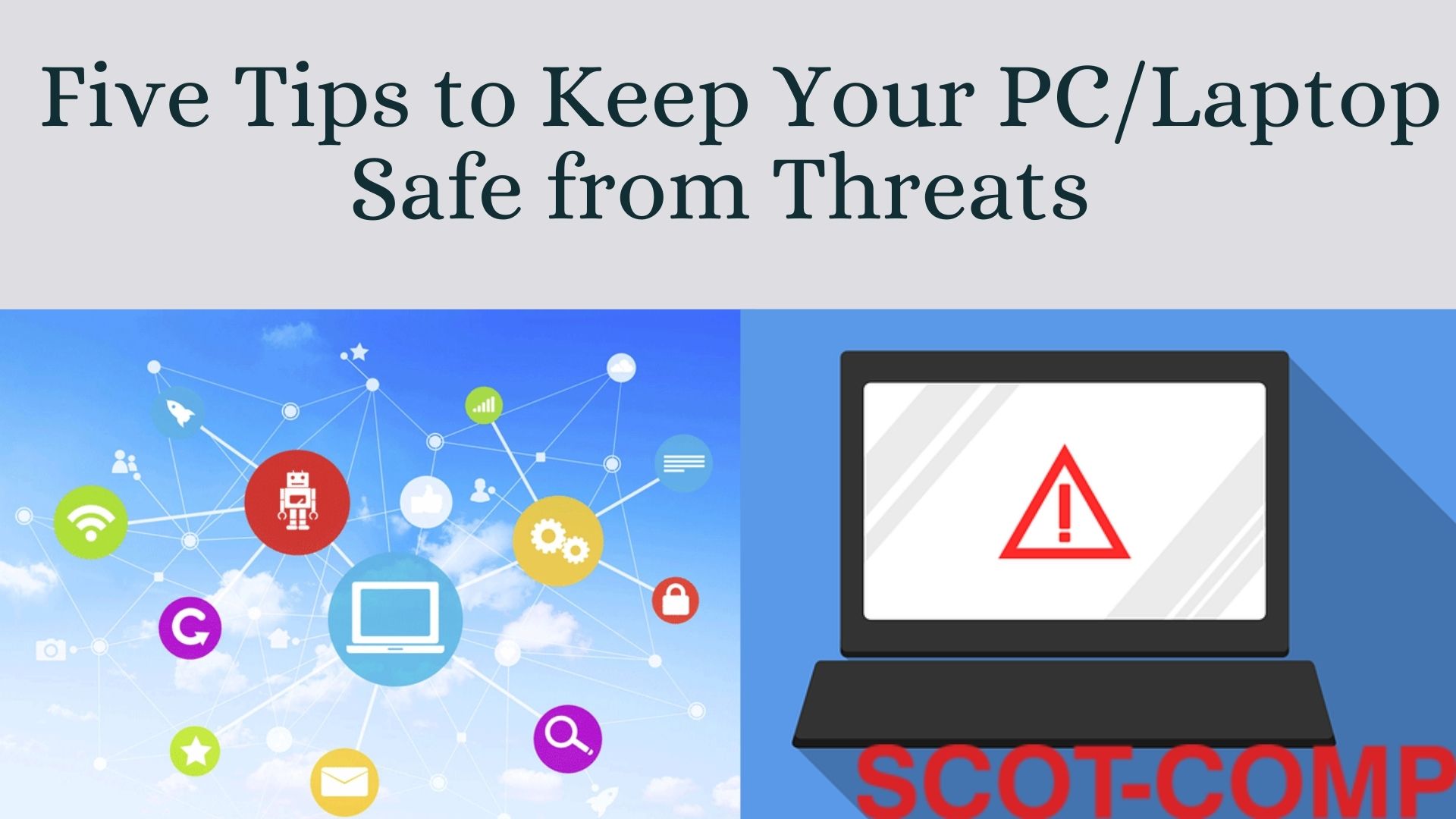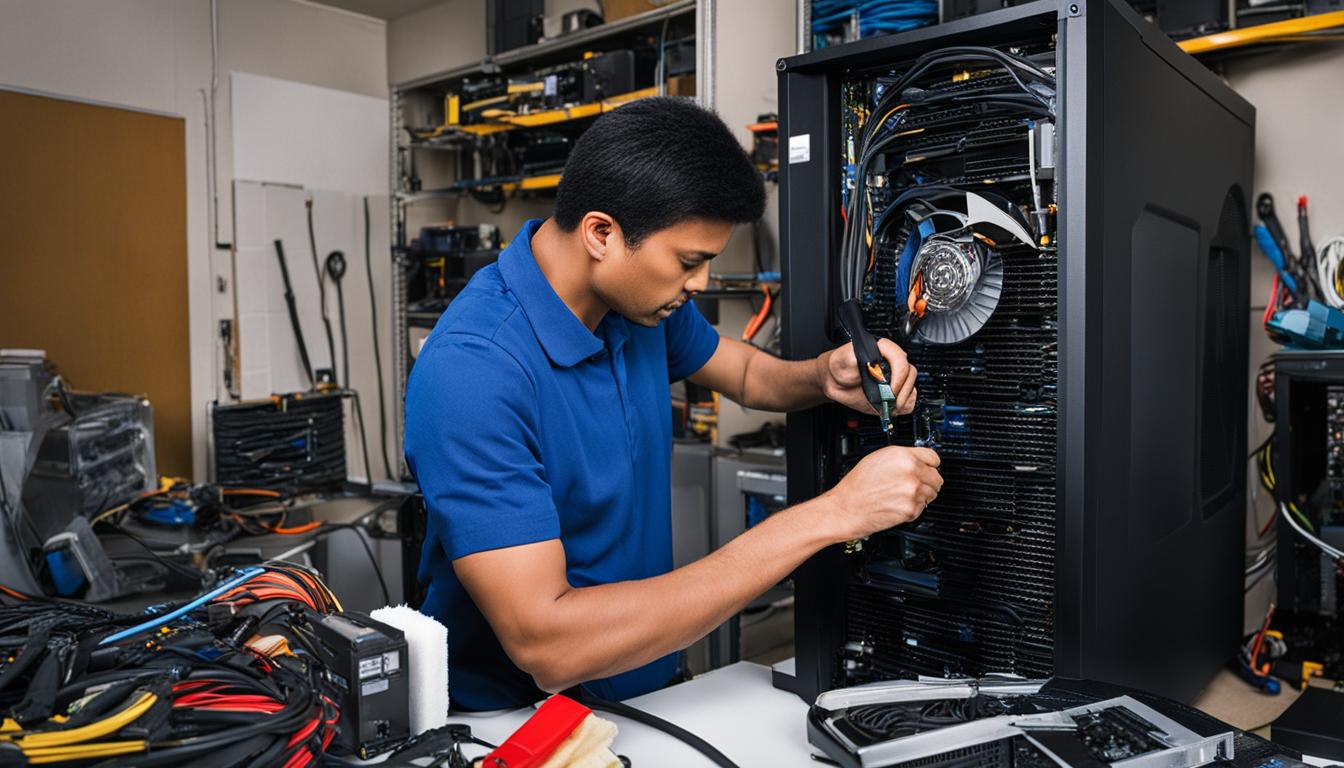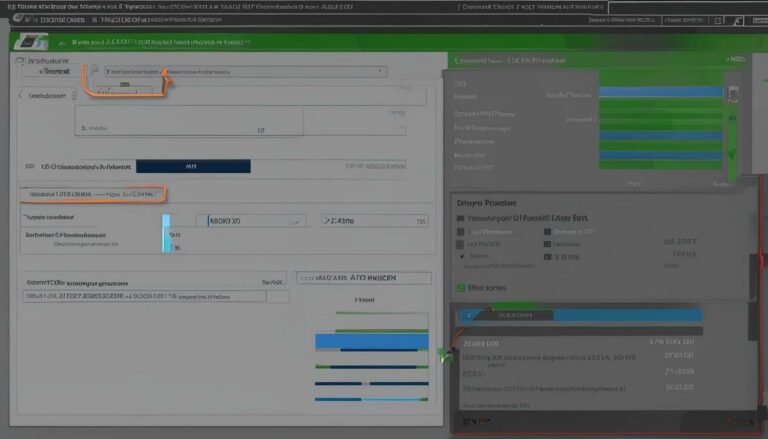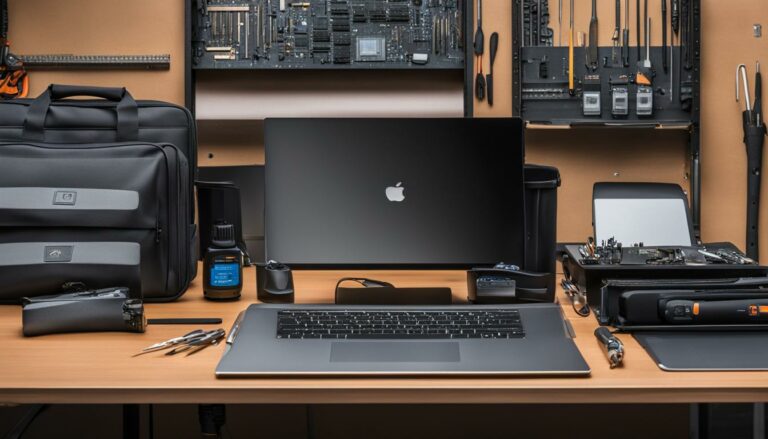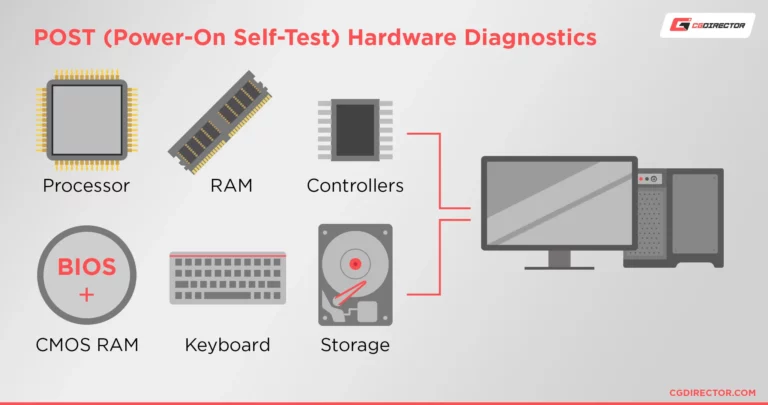Five Tips to Keep Your PC/Laptop Safe from Threats
The safety of your personal PC/laptop is paramount. You may feel that keeping your laptop password protected, OS updated, and installing an anti-virus system are enough, but in reality, there are more things to do to ensure that your computer is protected from viruses. In addition, keeping identity thieves at bay has become extremely important, primarily because viruses have become technologically advanced. Here are the five tips that you should be following.
- Create Backup for Your Data
Not every virus attack will lead to a data breach, but creating a backup for your data becomes essential. There could be an electrical outage or computer crash, and anything can lead to data loss. Some viruses come in the form of ransomware, which means you could lose all your sensitive data. You can manually create a backup for your files so that even if something happens, you can get your data back.
- Check Your Firewall
You may feel that checking a firewall is complicated; however, that’s not the case. If you own a Windows computer, just go to the control panel and the search box type firewall. If it says connected or on, then it’s good to go. In Mac, you need to go to system preferences, followed by security, and then firewall. Just ensure that firewall is enabled. This will create a protective shield and will keep the criminals at bay.
- Don’t Visit Suspicious Websites
You won’t know whether a website is suspicious or not. You can buy anti-virus software that will scan the websites for you. Don’t click on random websites just like that. Wait for the anti-virus to do the scanning, and type in the website’s name on the search bar. When the list appears, check whether there is a green tick in front of the website you want to visit. That’s the easiest way to detect whether the site is safe or not. Alternatively, don’t click on links provided on the website randomly.
- Never Share Sensitive Data
There will be a few websites that may ask for sensitive data, for example, your credit card number and social security number. Although it’s common sense not to share such details, it still makes sense to keep in mind this simple rule. Even revealing your maiden’s name could lead to identity theft. You have to be extra careful when you are online.
- Never Click on Unknown Links and Emails
Even emails can have viruses pre-installed in them. Phishing emails will usually have a blue link, which will ask you to click on it. If you don’t know the sender, simply ignore it. Fake emails like “you have won one million,” and so on often contain viruses and malware. If you are suspicious of an email, mark it spam so that the sender can’t send other emails.
Wrapping Up
These are some tips that you should always keep in mind. Despite doing all this, if you think your laptop or PC has been compromised, simply contact a computer repair shop that you can trust. Scot-Comp provides a bespoke virus removal service. You may contact Scot-Comp.
